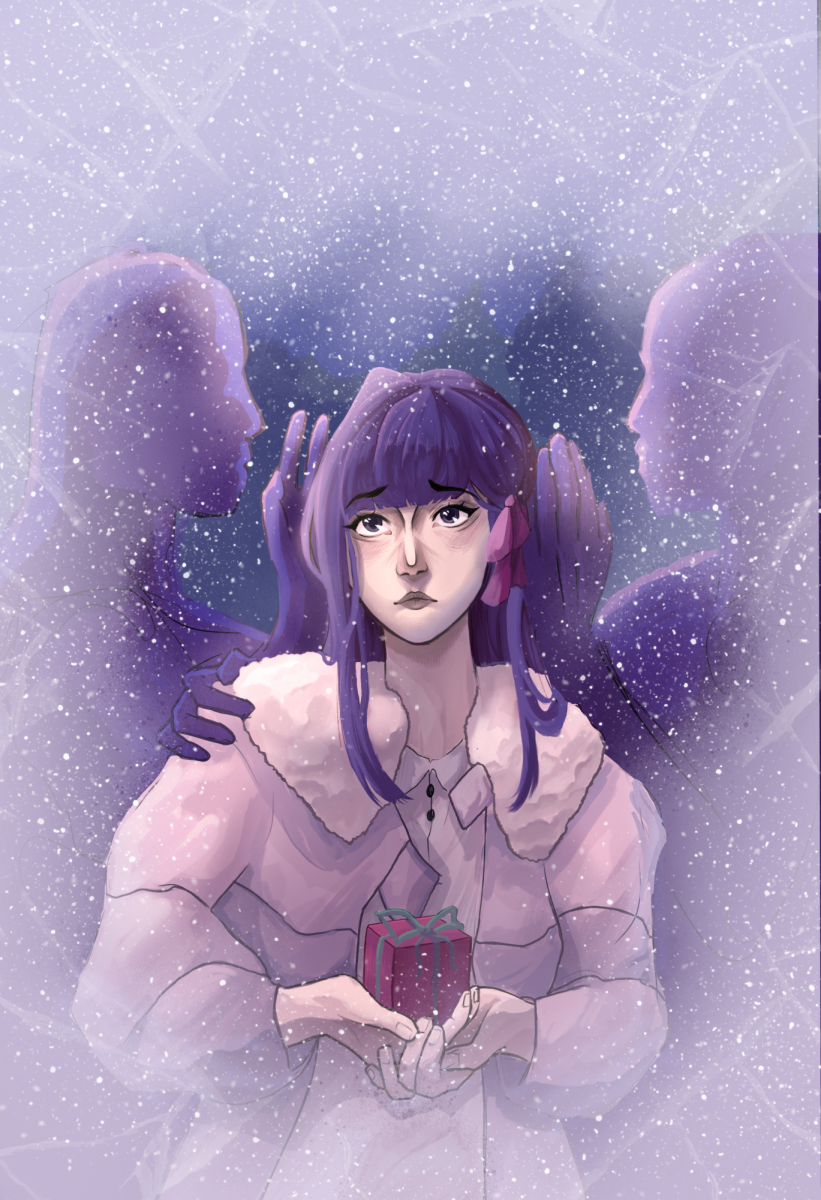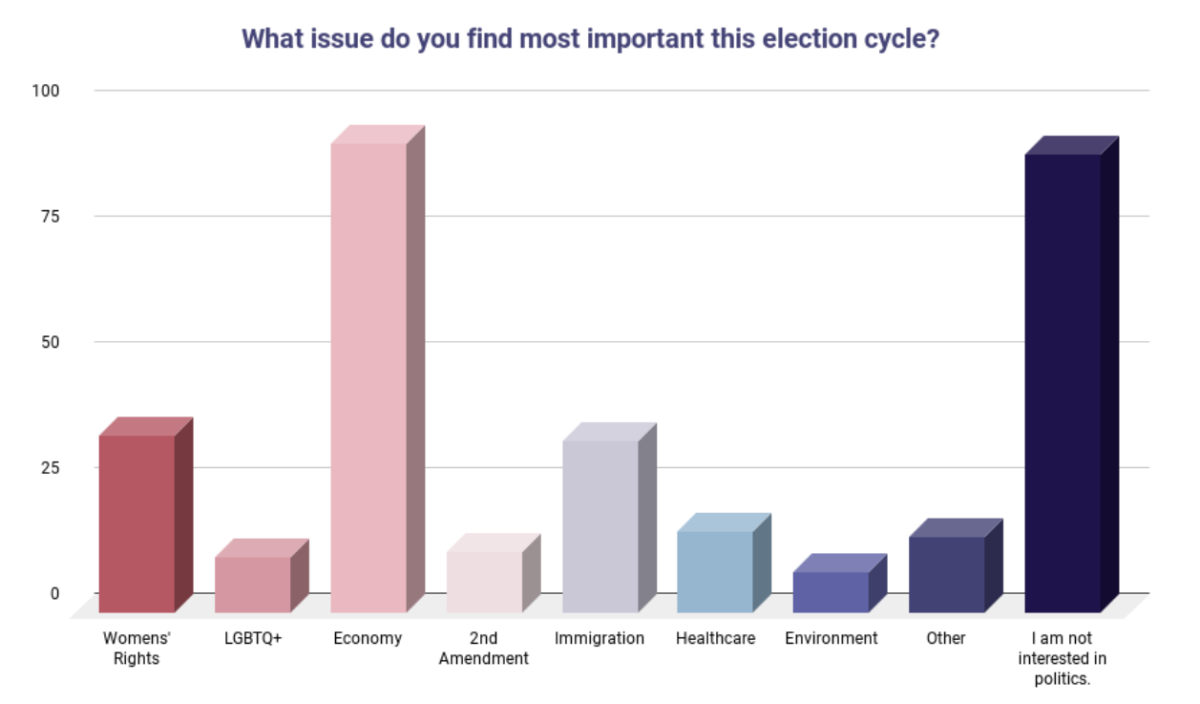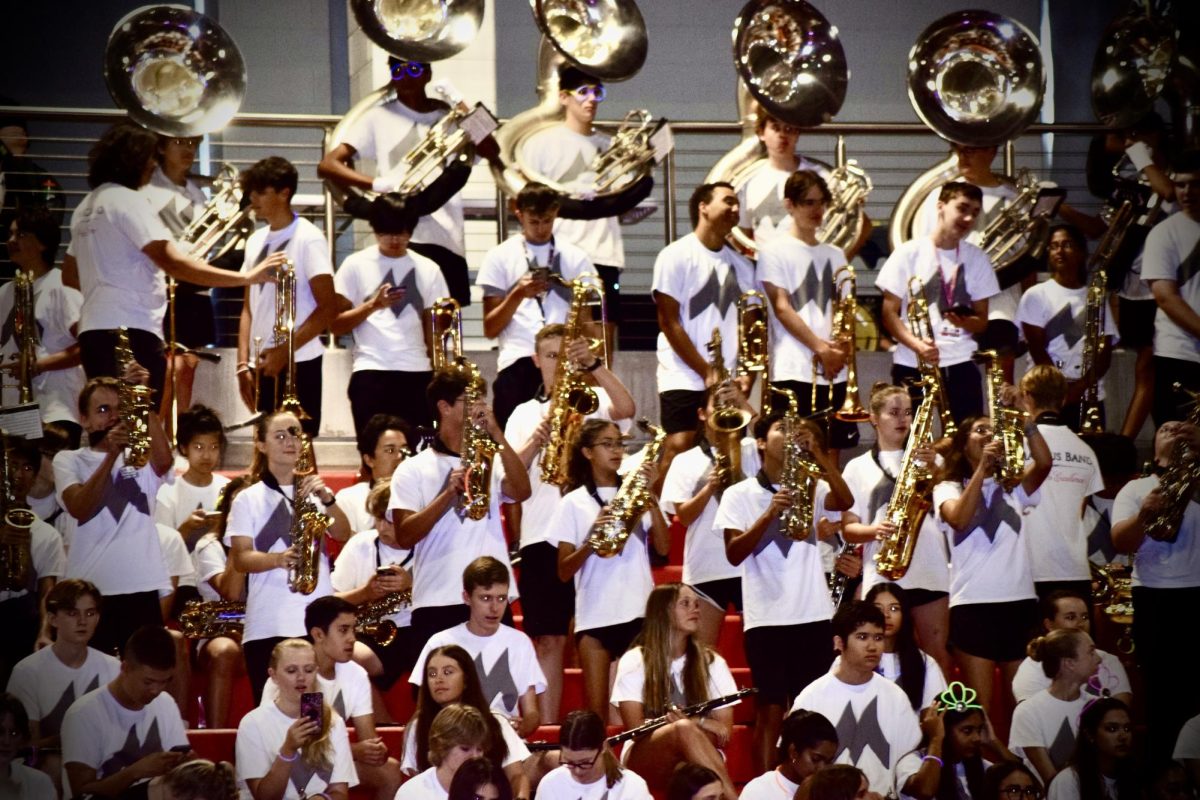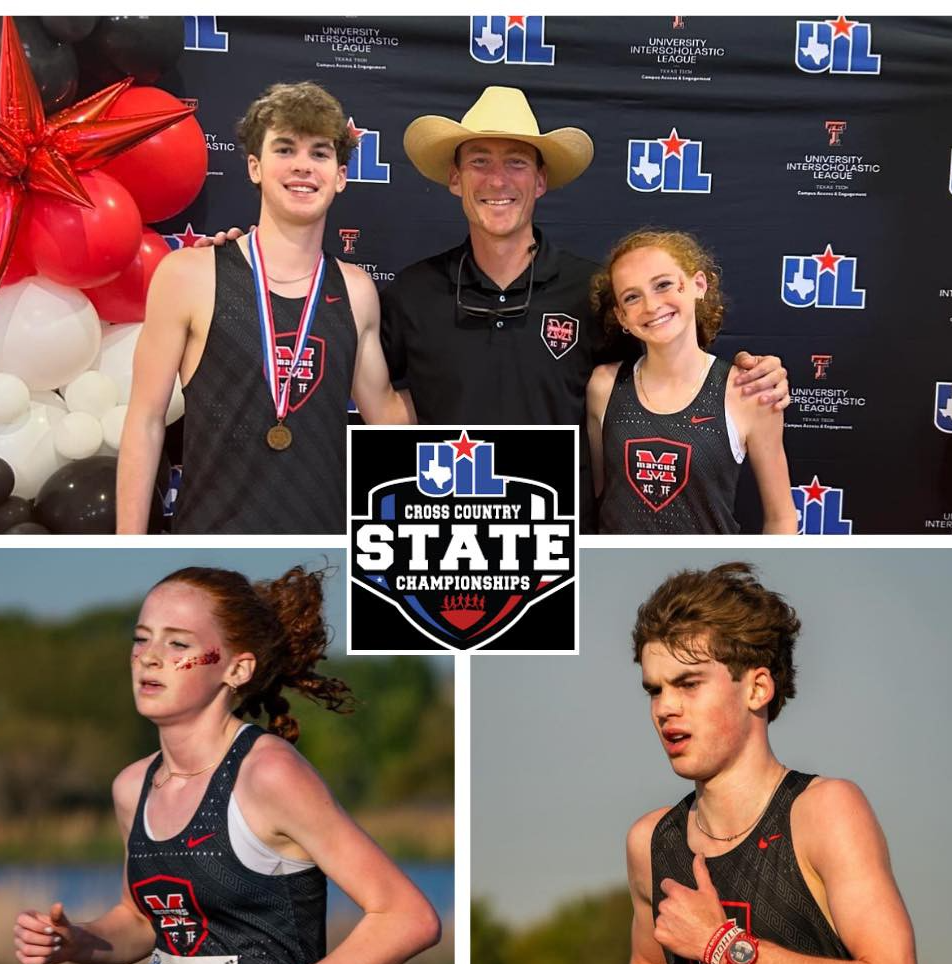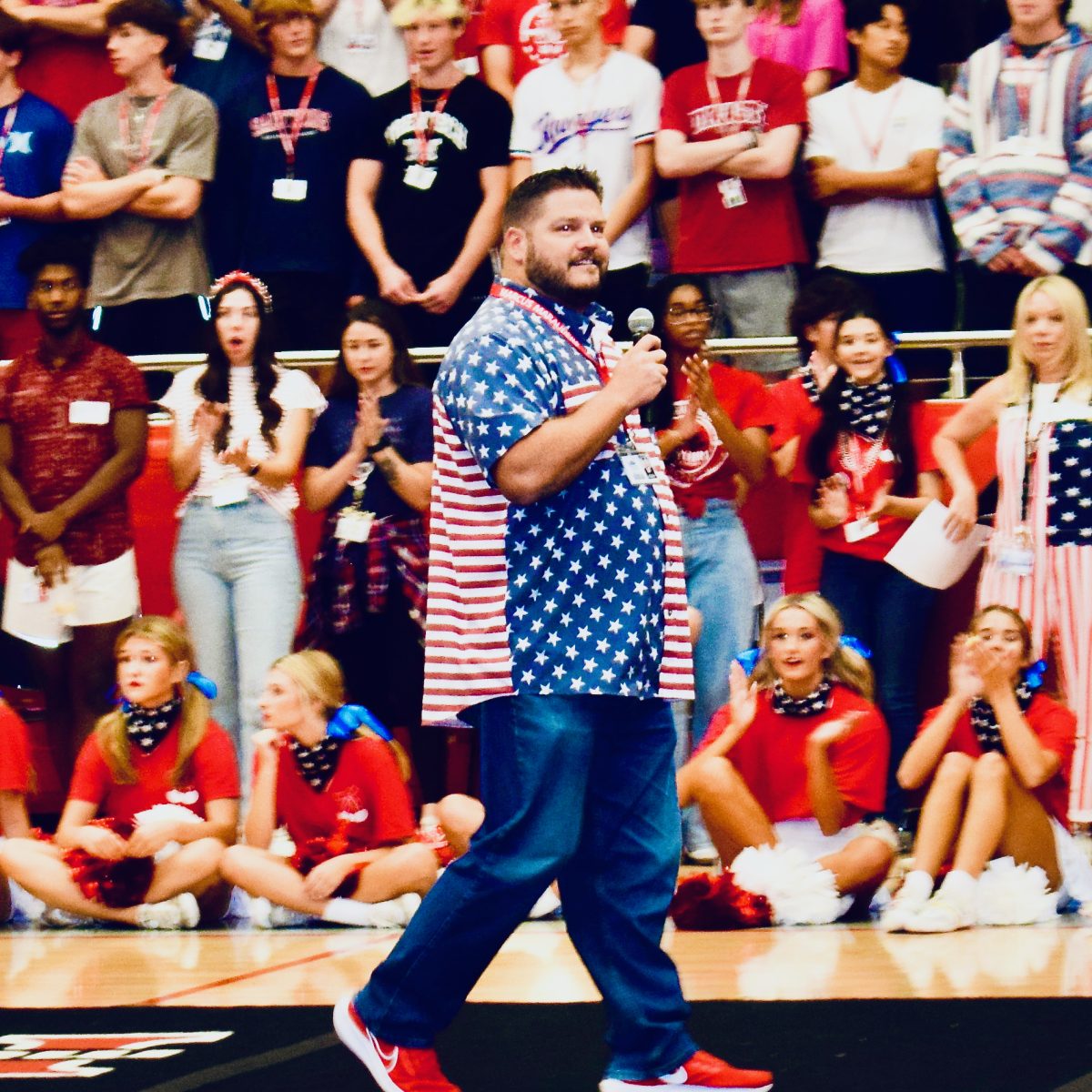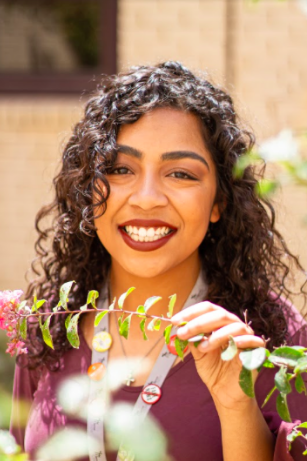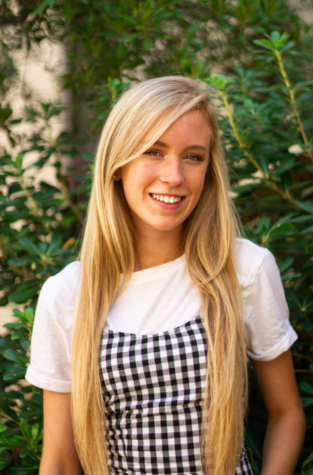Apr. 27, 2016
On the way out of their home country, the Venezuelan family was on high alert. Though they had work visas to legally enter the United States, they had heard the horror stories of the corrupt Venezuelan police not letting people leave if they knew they were immigrating.
At the airport, they hoped nobody would notice their multiple large suitcases because that was a key sign they were immigrating. While her parents were occupied, a police officer approached 13-year-old Diana Iampieri.
He asked with a smooth voice where she was going and how long she was staying. Knowing what could happen, she began to nervously rack her brain for an excuse. Something. Anything. She began to spew out one crazy answer after the next. Her eyes averted from his, looking to her parents and silently pleading for help.
When the Venezuelan officer walked towards her parents, they were filled with dread. Would he prevent them from leaving? Throw them in jail? Rob them? Instead, the officer cut them a deal. The family would pay the officer a large amount of money to let them cross the border. They left the officer, still shaken up about what had just happened. They took a deep breath and boarded the plane that would lead them to the start of their new life.
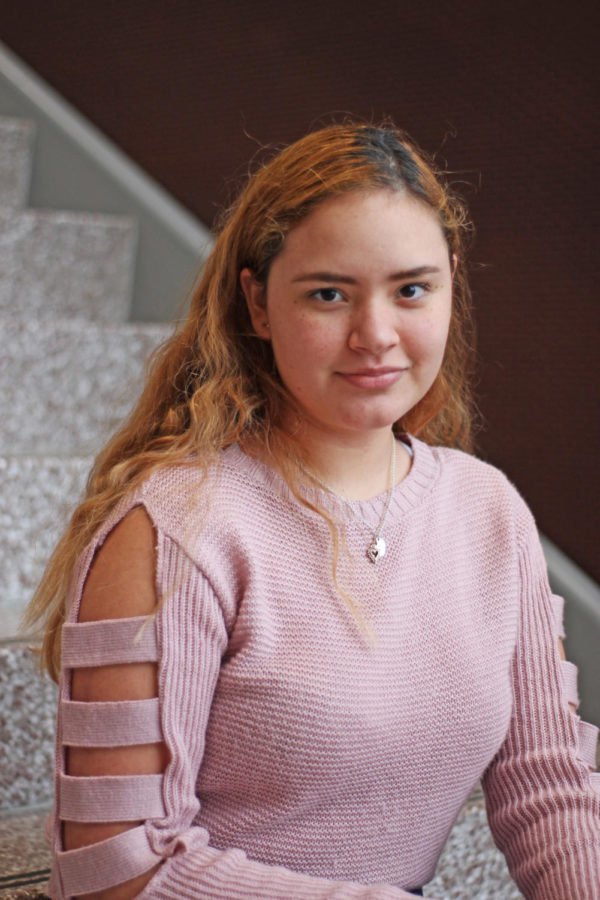
Now a sophomore, Diana Iampieri remembers President Hugo Chávez who she says took almost everything from her family and her country. When he died, Diana said the streets were filled with endless celebration. The Venezuelan people once again had food on their tables and money in their pockets, but Diana said President-Elect Nicolás Maduro took advantage of their celebration. As a result, the people suffered once again.
“People can’t leave. Children are starving,” Diana said. “They cannot hospitalize people. They just have to stay at home and die because they don’t have medicine to treat them.”
When Maduro took office there was a mass amount of violence. Amnesty International said the number of killings in the South American country in recent years was “greater than those in many countries at war,” and there were 8,292 executions without trial carried out between 2015 and 2017.
According to the Council on Foreign Relations, the government races involving Maduro were condemned as “neither free nor fair” by the U.S. State Department. The government banned all protests, and security forces have attacked, detained or expelled journalists. That year, Venezuela became one of two countries in the Western Hemisphere, along with Cuba, to be rated as “not free” by Freedom House.
Because of the constant fear of starvation, government corruption, violence and ultimately death, Diana and her family knew their country was no longer safe, and they had to leave quickly.
“People started to leave because food wasn’t being provided and prices were going up,” Diana said. “No milk, no bread, only cheese that tastes like sand. People are eating from the trash. That’s when everybody started leaving. That was the drop that overflowed the cup of water.”
Diana expected to leave, but when her parents told her the first few times, she assumed they were joking and brushed it off. It became a reality when her stepdad got a job in Denton, and suddenly her world and everything she knew came crashing down.
“I don’t remember when everything went so dark,” said Diana. “I just remember being happy and then escaping from all of it.”
It deeply hurt Diana to tell her grandmother that she would be leaving. When she finally found the words, her recently widowed grandmother begged and pleaded her not to leave.
“When I told her, she just started crying,” Diana said. “I realized that it was actually real that it was going to happen, that I would leave and I wouldn’t come back.”
• • •
Diana and her mom, Aura Lauro Cuervo, said they missed their family the most, and Aura feels leaving their loved ones was the biggest sacrifice. Aura feels that she sacrificed her children’s possible relationships with their family.
“My dad… he’s in Venezuela right now…lonely…lonely,” Aura said as tears slowly rolled down her cheeks. She squeezed her eyes shut furiously trying to wipe them away. Diana grasped her mother’s hand and pulled her into an embrace.
• • •
July 30, 2017
It was Election Day in Venezuela. People were voting to change the constitution. The people lined outside the capitol building because they wanted the rights they felt they deserved. Holding up protest banners, they wanted to combat the corruption.
The protesters climbed up trash trucks and dumped the contents on the empty streets. They yelled until their throats were raw, but nothing was working. Diana sat safely with her parents in the United States watching the whole scene unfold on her TV. The protest was on every news channel and Diana was glued to the screen watching the mayhem unfold in her home country.
The protesters set the trash ablaze. Large fires lined the streets engulfing almost everything in sight. The police came armed with large hoses and pointed them directly at the protesters. Water began to flood out with immense force, causing the people to fly across the streets. It was chaos.
People’s bones cracked as the water hit them. Gunshots and screams filled the air. Blood, bodies and trash were all that was left in the streets. In the center was a teenage girl. Her eyes were red and swollen from sobbing. She screamed and begged hysterically for the chaos to stop. Her wails were muffled under the screams of others and gunshots. Suddenly, there was another shot stopping her cries as she lay lifelessly in the street.
Diana sat frozen as she saw the young girl’s body go limp. That could’ve been her, she thought. She blinked trying to make it go away and pretend she didn’t just see it. Tears rolled down her cheeks and her heart dropped to her stomach as she’s realized the country that she once knew and loved would never be the same.
• • •
Although it broke her heart to leave her friends and family in Venezuela, Diana was truly excited to come to the United States. She was thrilled to come to the land her favorite movies like “Mean Girls” are from. She wanted to experience things like locker rooms and meeting a boy and falling in love in this new land.
“I saw things that were so pretty — all the hotels that seemed to never sleep,” Diana said. “The United States is where all the dreams come true.”
Sadly, the dream hasn’t been as perfect as she hoped. Several times she has come face to face with racism. People have harassed her for speaking Spanish, telling her to go back to her country.
Diana feels like one of the reasons people treat her and other immigrants the way they do is because most don’t understand how difficult it was to leave their home country.
“We are not invading,” Diana said. “We are trying to get a better life in a better place, and the United States offers everything that we could ever hope and wish for.”
One of the hardest things for her to accept is that she won’t be able to go back to Venezuela. She can’t go back because she wouldn’t be guaranteed a chance to return to the United States.
“What do they want us to do?” Diana said. “They want us to go back and maybe get killed. They say all this hurtful stuff and don’t realize that our situation in the country [was] so bad that our only option was to leave so we could have a better life.”
After leaving Venezuela, Diana and her mother decided to do everything in their ability to make their family proud so that the journey and its sacrifices would all be worth it.
“I realized I had to make the most of it,” Diana said. “I had to do everything in my power to make my grandmother proud of me— to let her know that she let me go so I can have a better future.”
Diana takes advantage of every opportunity that comes up to help — helping people is how she expresses her gratitude. She often participates in service opportunities and loves to compliment random people throughout the day.
“[My mom] taught me that you have to be as strong as you can no matter the circumstances,” Diana said. “Even if the circumstances mean leaving your home, everything you know, for a better place to be— for a better education. I see things now as an opportunity to be better. ”
Diana and her family are waiting for their residency so they can start the pathway to becoming citizens.
Once she was in the United States she realized just how troubled her country was. It was hard for her knowing that she was safe in the United States, while so many people were in danger in Venezuela.
Diana wants to make her country proud of her. Her goal is to live out the dreams the people in Venezuela don’t get to. Working hard to accomplish this has become her ultimate goal.
“I want to make my whole country proud of me,” Diana said. “I want to make them believe that there is always a better day coming. Maybe next week, maybe next year, maybe in twenty years, but there is always going to be a better day.”






